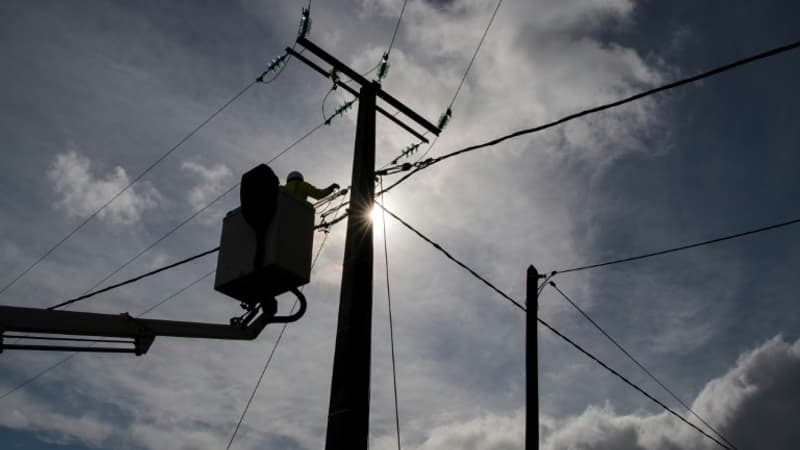The French Electric Union (UFE) has spoken out against the introduction of a tax on production facilities mentioned by Bercy and the reduction of aid for the electrification of uses (cars, heat pumps, etc.), in a letter to Prime Minister Michel Barnier.
“A contradiction for the purchasing power of the French”
“Taxing installed electricity production in France, even if it is decarbonised, or even reducing support for the electrification of uses, would be a contradiction in terms of the purchasing power of the French and the fight against climate change,” wrote UFE president Christine Goubet-Milhaud in a letter sent on Tuesday and noted by AFP.
“Our national and European energy system is at a crossroads,” he continued. “Time is running out and any short-term decision without taking into account structural issues” will have “harmful effects on our sovereignty, our energy independence and for generations.”
The establishment of a new “contribution to inframarginal rents” (Crim) on production facilities or power plants exceeding 260 megawatts (nuclear, hydroelectric, wind, gas) was mentioned by the resigning Minister of Economy, Bruno El Mayor, during a hearing on September 9 before the Finance Commission of the National Assembly.
This “contribution to the inframarginal rents” of electricity producers, who have made handsome profits thanks to the rise in energy prices following the war in Ukraine, generated €400 million in 2022, €300 million in 2023 and should generate €100 million in revenue in 2024. This prospect, which has been under consideration since spring, is a cause for concern for the sector.
“A climatic, even climatic-cidal, countersignal”
“It is the very definition of a bad tax, a production tax with a narrow base and a high rate, which will distort investment decisions in a sector that needs investment,” laments an energy company interviewed by AFP.
“We are taxed even though we are investing in carbon-free energy, and the transition is a climate change threat, even lethal for the climate,” complains another energy company, which also wishes to remain anonymous.
Agnès Pannier-Runacher, former Minister for Energy Transition and Minister for Agriculture in the resigning government, herself spoke out against it. “This tax is aimed at a company that is 100% public. So we take money from one side to give it back to the other. It is not very interesting,” she declared on TF1 on Friday. And “it is a tax on carbon-free energy (…) what sense does it have in terms of climate?”, she added.
In her letter, the president of the UFE, which represents the actors of the entire value chain of the French electricity system (electricity producers, distribution and transmission network managers, electricity suppliers, etc.) asks in particular for “visibility and stability” to be brought to the sector.
Source: BFM TV


